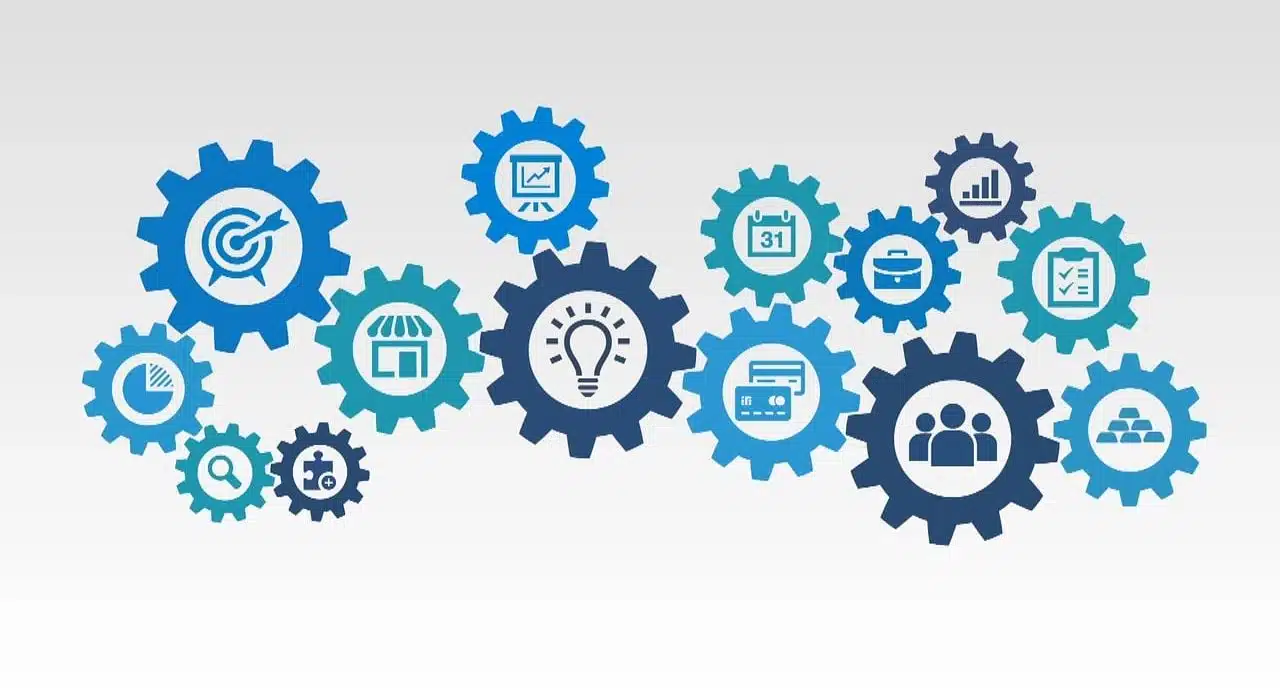
Professional development requires active learning and self-management skills.
Professional development is the process that a person goes through in the world of work as they gain experience and knowledge . This means that the worker is progressing or advancing in his or her career.
The idea of development refers to an evolution. The adjective professional , meanwhile, qualifies that which is linked to a profession: a trade or job that an individual exercises in exchange for payment.
In this way, when an individual seeks or promotes his or her professional development, he or she makes decisions with the objective of achieving growth in his or her work sector . This may include training and coaching for skills development or networking , for example.
What is professional development
Professional development is associated with job growth . It is a series of actions, procedures and resources that allow the subject to achieve certain work goals and enjoy, in this sense, greater well-being at work.
Professional development can be understood as personal development since it enriches or nourishes the person according to their professional ambition or work motivation. But also, within the framework of a company, the professional development of employees contributes to the productivity , effectiveness and innovation of the entity.
The importance of training
Professional development is directly linked to training . It is understood that good career development requires continuous education and constant learning that help to obtain technical skills and specialization to enhance job performance .
Technical knowledge, however, is not enough. Soft skills are also needed, such as communication skills and emotional intelligence.
It must be considered that training can be achieved in different ways. Just as there are academic courses and careers, it is possible to learn through tutoring or mentoring , resort to coaching or even opt for self-learning .

Thanks to a continuous improvement process, it is possible to optimize the work experience and achieve professional development.
An investment
When someone promotes their own professional development, they make an investment . It may be a financial outlay but also time and personal effort in pursuit of future progress.
Professional development sometimes seeks to improve the position in the current job. That would be the case of those who aspire to achieve a promotion or higher remuneration. However, the notion also refers to a preparation to achieve new opportunities .
In this sense we speak of a career or development plan . This planning is based on establishing a series of steps to boost work strengths and achieve greater professional recognition. It may also be a scheme proposed by the employer to motivate the worker , presenting him with the steps he can climb in the company.
Professional development and talent retention
Various studies have shown that professional development is related to talent retention in a company. When a worker feels that they cannot grow in an entity, they are likely to look for a way out. That's why encouraging professional development helps reduce staff turnover .
Likewise, offering professional development opportunities is useful for attracting talent . Beyond salary, professionals consider growth opportunities when choosing between two job offers. Someone may opt for a proposal with a lower starting salary if advancement is contemplated.
As can be seen, professional development is a matter of concern for companies. Encouraging the evolution of employees is a maneuver that brings benefits to the whole.

Employee professional development can be part of a business strategy.
Plan stages
A professional or career development plan consists of a series of stages. Although the number of phases varies according to the analyst's view, there is generally agreement on the need to begin with a self-assessment .
At this point the worker must analyze their current skills, knowledge and experience and consider what their professional aspirations and interests are. Once this is done, the next step is to define the objectives , both in the short, medium and long term. Thus, planning can include goals for a few weeks and even several years.
The professional development plan must continue with the definition of a strategy : that is, the actions that will be carried out to meet the objectives. Typically, the strategy includes a schedule.
With the plan in place, it is essential to monitor progress . This performance evaluation makes it possible to introduce changes when necessary.
End of professional development
The end of professional development is inevitable. On the one hand, the worker may have achieved all of his goals, something unlikely given that desires are usually infinite. What no person can avoid is the time to retire or retire.
The completion of the active stage, however, does not mean that the subject can no longer make significant contributions in the world of work. The transmission of knowledge is very valuable and can be channeled in various ways. Thus, the experiences of those who are retired support the professional development of others.
